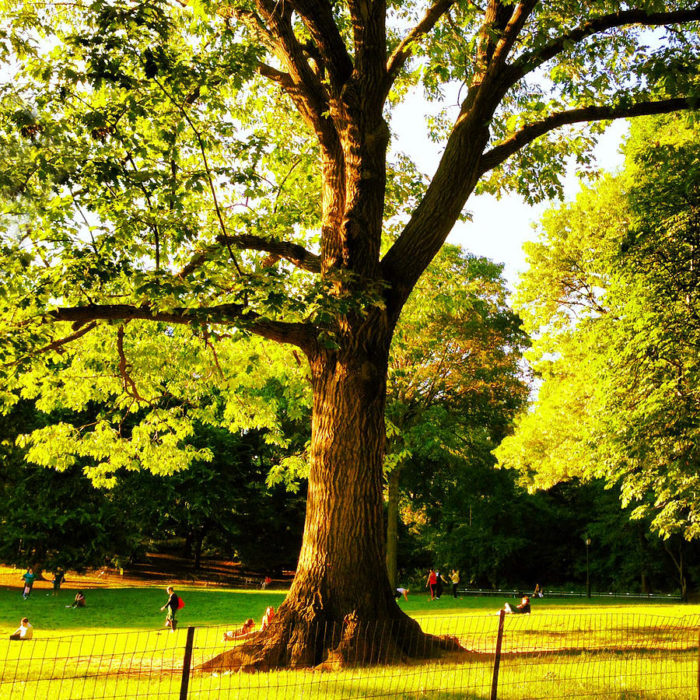We know less about nature and science than ever
When I talk about living sustainably, one of people’s main objections is that we need to keep developing and pushing the envelope on research on nature and science.
Without pushing science and technology:
How will we cure disease?
Won’t children and mothers die in childbirth?
What about getting off this planet if an asteroid comes?
Don’t you value computers, airplanes, and other discoveries that came from science?
What about learning about the universe?
What about all the progress from moving away from superstition and myth?
Do you want to return to the Stone Age?
I have a PhD in physics and work on nature so I know a bit of what humans know about nature, but as it turns out the forefront of science is irrelevant to what I mean by what we humans know about nature and science.
Can you answer these simple questions?
Here’s what I mean.
How many species of tree live within a two-minute walk from your home?
What edible plants grow near you? When do they grow?
How do those trees interact with birds, mammals, other plants, and fungi?
What is the phase of the moon?
What constellation are we in now? What does it mean to be in a constellation? Why do we see some sometimes and not others?
If you were alone in the woods or a desert, could you survive and find your way home?
Can you survive without a refrigerator?
How many types of vegetable can you name? How many types have you eaten in the last year?
What we don’t know
People from hunting and gathering cultures can answer all the above questions (maybe not the third constellation question). People’s understanding nature drops precipitously from hunter-gatherers and farmers, then again to us.
In other words, we may have researched to find how electrical power, quantum mechanics, and evolution work, but nearly no one alive today knows the plants, animals, and fungi near them, let alone how they live and their interrelationships. Our ancestors before agriculture for hundreds of thousands of years lived in balance with nature, with more health, longevity, stability, and abundance than nearly any humans since agriculture. We confuse number of peer-reviewed journal articles with quality of life. I didn’t say they were noble savages. I said they knew more about nature.
As a species, we may know about dark energy and the Higgs Boson, but as individuals, only a handful of 7.9 billion can speak knowledgeably about them. Or about nature in general, nor how to live in nature without the support of the modern world, which in the process lowers Earth’s ability to sustain life.
Conclusion: We’ve confused some experts knowing something about the latest discover with everyone knowing about nature. As a result, we’re pretty ignorant, even stupid, about science and nature while considering ourselves smarter than ever.
It’s a dangerous combination our species’ existence may depend on.

Read my weekly newsletter

On initiative, leadership, the environment, and burpees